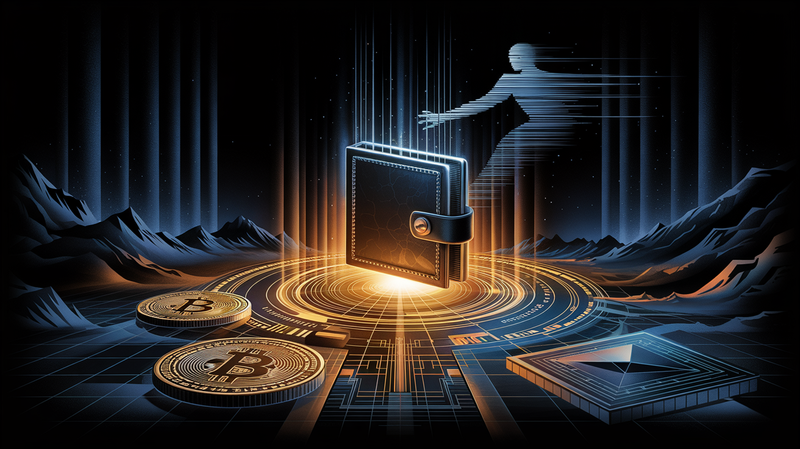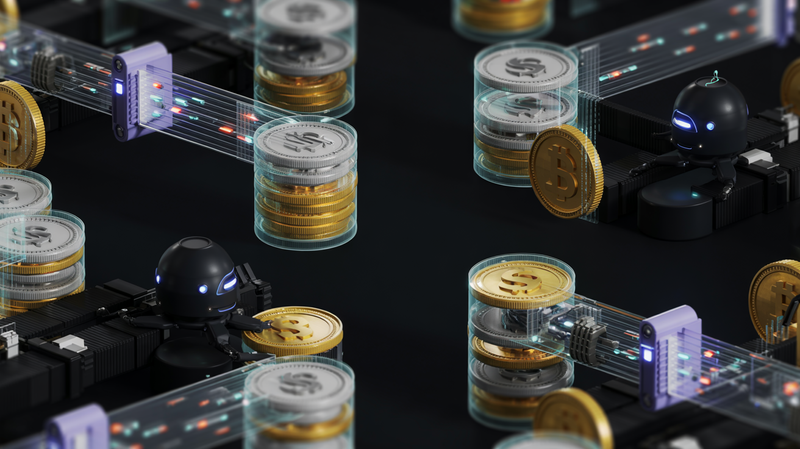Walking Wallets of Diverse Currencies: The Unsettling Reality of CBDC and Subdermal Chips
In a world relentlessly marching towards digitization, the concept of Central Bank Digital Currencies (CBDC) combined with subdermal chips is not just a distant sci-fi scenario but a looming reality. As we inch closer to 2030, the lines between financial freedom and technological control blur, unveiling a future where our

In a world relentlessly marching towards digitization, the concept of Central Bank Digital Currencies (CBDC) combined with subdermal chips is not just a distant sci-fi scenario but a looming reality. As we inch closer to 2030, the lines between financial freedom and technological control blur, unveiling a future where our very bodies could become the ultimate financial asset.
The Rise of the Walking Wallets
Imagine a world where your financial identity is literally skin deep. Subdermal chips, once a topic of dystopian novels, are now being seriously considered as a medium for storing CBDCs. These chips, implanted beneath the skin, could turn every individual into a walking, breathing embodiment of financial transactions.
Freedom or Shackles?
Proponents argue that this fusion of biotech and finance heralds unprecedented convenience. No more bulky wallets, no more fear of stolen credit cards. Your finances are as safe as your own skin. But at what cost? The concept reeks of Orwellian overtones - a world where every transaction is tracked, every purchase monitored. The chips do not just store currency; they store information, behavior, and arguably, control.
The Global Surveillance Bank
CBDCs offer governments the power to monitor financial flows in real-time. Add subdermal chips to the equation, and you have a recipe for a surveillance state on steroids. This digital leash could mean the end of financial privacy as we know it. In the guise of fighting fraud and ensuring financial security, could we be unwittingly surrendering our freedom to a global surveillance bank?
The Resistance
As expected, this impending reality has sparked both intrigue and fear. Activists, tech experts, and privacy advocates are raising alarms about the potential misuse of this technology. They argue that the trade-off between convenience and privacy is skewed, leading us down a path of irreversible surveillance and control.
The Future Awaits
As we navigate these uncharted waters, the question remains: Are we ready to become 'Walking Wallets'? The promise of a cashless, frictionless financial world is enticing, but the shadows it casts on privacy and freedom are dark and deep. As 2030 approaches, we stand at a crossroads, and the choices we make now will shape not just our wallets, but our very identity.




